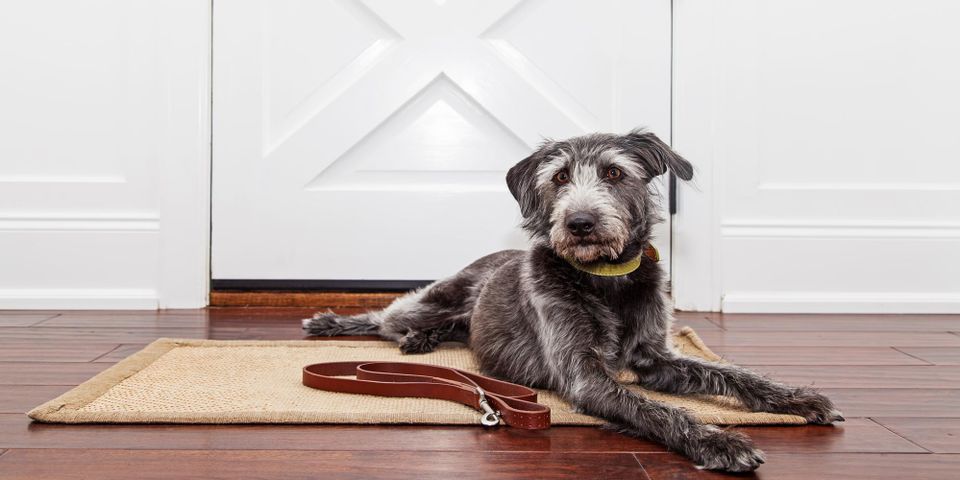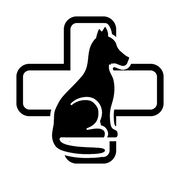5 Pet Care Tips for Housetraining Adult Dogs

Adopting a senior dog is often a rewarding experience full of love, but like puppies, these older pets may need time to adjust to their new home. Specifically, they may need additional training to learn where — and where not — to go to the bathroom. The good news is that, as adults, these canines are smart enough to pick up on housetraining lessons fairly quickly. To help your new pooch establish a solid bathroom routine, here are a few pet care tips to keep in mind.
How to Housetrain Your Older Dog
1. Take Frequent Bathroom Breaks
Adult canines have larger digestive systems than puppies, and as such, do not need to use the bathroom as frequently. However, in the beginning, it’s still important to take the dog out often to demonstrate that the activity should take place outside of the home. If you see the animal scratching or whining at the door, you should take this as a cue that they need to go. While you’re outside, be patient and let your dog explore different areas where they might feel comfortable eliminating themselves.
2. Reward Positive Behavior
 Whenever your dog has successful bathroom breaks outdoors, consider giving them a small treat as a reward. In addition to reinforcing the good behavior, this reward will also help you bond with your new pet.
Whenever your dog has successful bathroom breaks outdoors, consider giving them a small treat as a reward. In addition to reinforcing the good behavior, this reward will also help you bond with your new pet.
3. Address Accidents Calmly
While pet accidents can be irritating, it’s important not to get angry or upset at the dog. To avoid scaring them or causing anxiety, calmly address the problem and sternly let the dog know that they can’t go indoors. If you catch them in the act, gently move them outside so they can finish their business in the proper spot.
4. Establish a Strict Feeding Schedule
When your dog’s feeding schedule follows a certain pattern, their bathroom behavior should also operate like clockwork. As such, you should avoid letting your dog graze on their food whenever they want. Instead, train them to eat their meals at the same time every day. Once you get a feel for your dog’s routine, make sure their bathroom breaks occur roughly at the same time after every meal.
5. Talk to a Vet
If you’re having trouble training your new pet, talk to a trusted veterinarian. In some cases, these pet care specialists will detect — and treat — underlying health concerns that can cause bathroom issues, such as diabetes, digestive disorders, and separation anxiety.
Whether you’ve adopted a senior dog or a puppy, Canal Road Animal Hospital is here to help your new pet embrace a healthy path. Located in Orange Beach, AL, this full-service veterinarian can provide in-depth examinations and treatments to prevent, diagnose, and treat medical issues — including bathroom-related and behavioral concerns. To learn more about these pet care solutions, visit the veterinary clinic online. For appointments, call a friendly team member at (251) 968-7387.
About the Business
Have a question? Ask the experts!
Send your question

